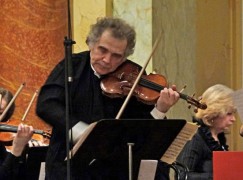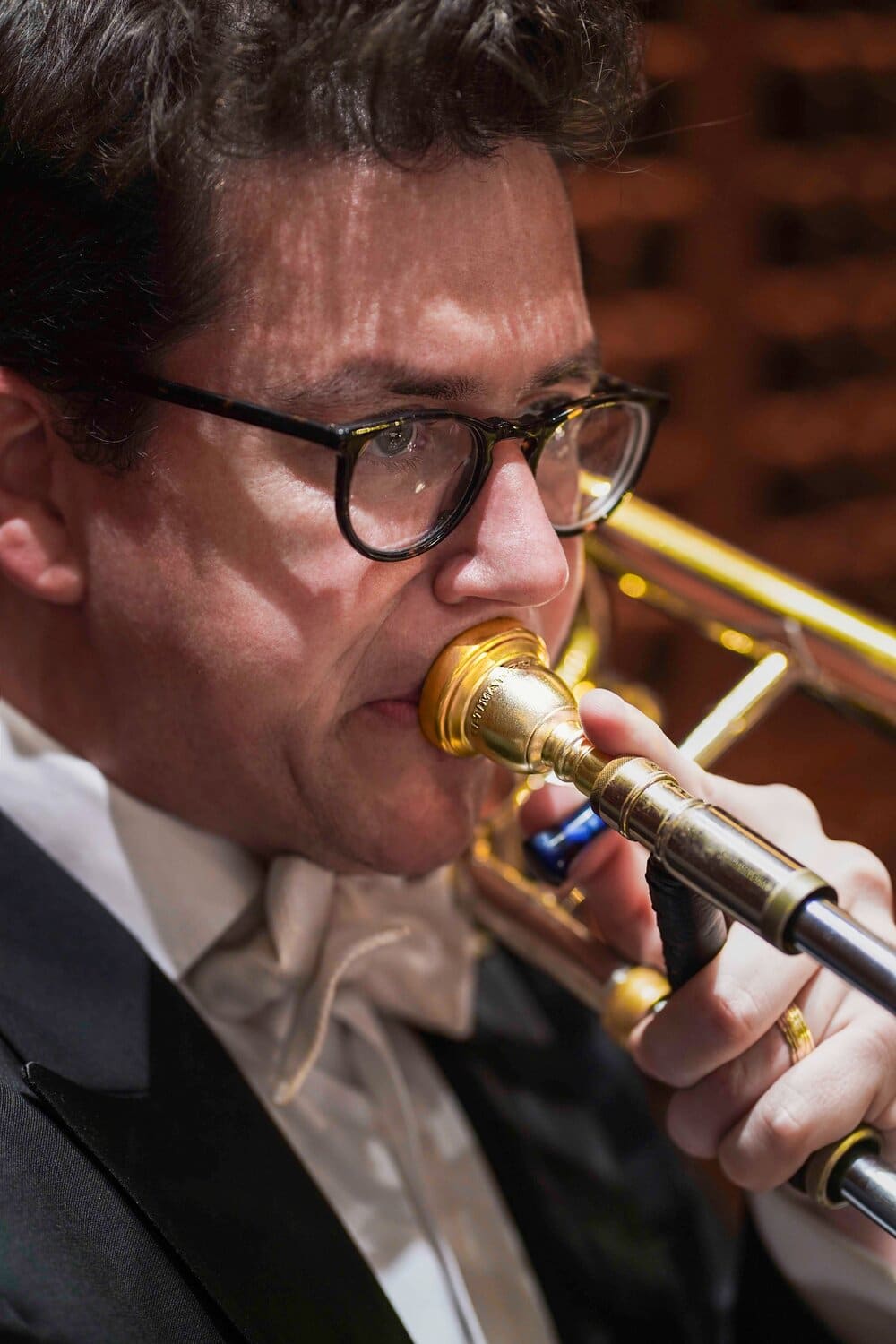A violin competition is corrupted
mainThe Wieniawski Lipinski Violin Competition took place last week in Lublin. President of the jury was Zakhar Bron.
This ought to ring two sets of alarm bells. The competition has been previously suspended from the World Federation of Music Competitions and the prolific Zakhar Bron – teacher of Maxim Vengerov, Vadim Repin and others – is notorious for rigging juries to ensure the top prizes go to his students.
In Lublin, two students of Zakhar Bron, Elea Nick & Issel Ines, took joint first prize in the junior section. Two others came second and fifth. In the senior group, first prize of course went once again to Bron students, Elli Choi and Eva Rabchevska. Third prize went to a student of Bron’s assistant and fellow jury member, Akiko Tatsumi. (The results have not yet been reported in Polish media, or online.)

Earlier this year, prizes at a Zakhar Bron competition were awarded exclusively to his students. Pay Bron for lessons, get an international award. When will the music world put a stop to such farces?
Please note: the Lublin competition is not to be confused with the Wieniawski competition in Poznan, which takes place next year, with Vengerov as chairman.





Comments